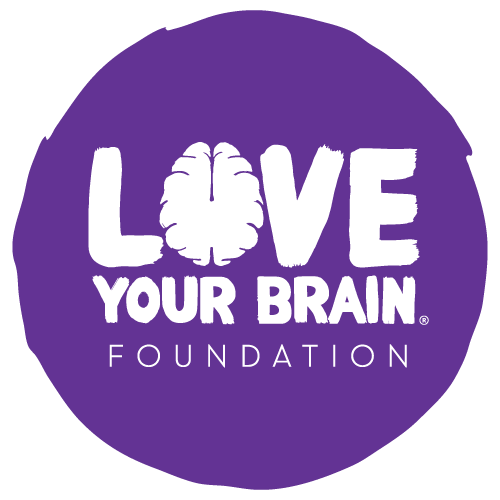LoveYourBrain Expands Services to Support Individuals with Acquired Brain Injury
Research-backed methods to foster healing for people with all types of brain injury.
FOR IMMEDIATE RELEASE
Contact: Laurel Crosby, Director of Development & Communications, LoveYourBrain
Email: laurel@loveyourbrain.com
Norwich, VT – LoveYourBrain, a nonprofit organization dedicated to improving the quality of life for people affected by traumatic brain injury (TBI), is proud to announce the formal expansion of its programs to serve individuals with other forms of acquired brain injury (ABI). This formal expansion will build on the demonstrated benefits of LoveYourBrain’s programs for a wider range of ABI, promote programmatic inclusivity, and achieve a wider impact on brain health. This is a significant milestone for brain injury at large, as it creates greater access to effective holistic health models proven to foster resilience, community, and mental health.
“After years of careful consideration, we’re excited to officially expand all of our programming to serve people impacted by stroke, tumor, anoxia/hypoxia, and other forms of acquired brain injury,” shared LoveYourBrain’s Senior Director of Programs and Research, Dr. Kyla Pearce. “While our central focus continues to be on serving people affected by TBI due to prevalence, gap in services, and our roots and expertise, we know our programs benefit stroke, tumor, hypoxia/anoxia communities. This expansion strengthens accessibility across the full spectrum of ABI.”
LoveYourBrain’s free, evidence-based programs have been found to improve overall quality of life, resilience, mood, emotion regulation, and cognition after TBI. Due to the many overlapping symptoms and shared experiences across all types of ABI, these findings indicate that LoveYourBrain’s expansion of service will support healing for stroke, tumor, anoxia/hypoxia, and other forms of ABI, as well. Previously, these groups have been accepted to LoveYourBrain’s programs on a case-by-case basis, representing up to 6% of program participants.
“I am a 2017 stroke and brain aneurysm survivor who’s benefited from this program, and I would highly recommend it to anyone,” reflected one program participant impacted by ABI. “I met so many great people and enjoyed the sense of community.”
All LoveYourBrain programs are now eligible for people with ABI and their caregivers, including:
Mindset Groups, 6-week, online mindfulness and education program to connect with peers and expert facilitators for personal growth and healing.
Community Retreats, 5-day holistic health programs rooted in mindfulness, gentle yoga, social connection, and nutrition for brain health
Caregiver Retreats, 6-week, online program offering transformational resources and community connection to expand your capacity to care.
Trainings for people with brain injury, yoga teachers, and clinicians, to become certified in mindfulness, yoga, and breathwork for brain injury
To learn more and participate, visit loveyourbrain.com/programs.
About LoveYourBrain
The LoveYourBrain Foundation is a national non-profit that improves the quality of life of people impacted by traumatic brain injury (TBI) and raises awareness about the importance of brain health. Guided by their family’s experience, brothers Kevin and Adam Pearce established LoveYourBrain in 2014 following Kevin’s severe TBI from a snowboarding accident before the 2010 Olympics. Kevin’s remarkable resilience was transformed into the award-winning HBO Documentary, “The Crash Reel,” which brought to light the challenges and prevalence of TBI. In response, LoveYourBrain developed programs and resources designed to create community and foster resilience for the TBI community. Now, LoveYourBrain’s research-backed programs are offered at no cost across the globe to empower the TBI community with new tools, resources, and connections. In 2023, Adam Pearce was named a Top Ten CNN Hero of the Year in recognition of his leadership and LoveYourBrain’s impact in the world. Visit http://www.loveyourbrain.com to learn more.


